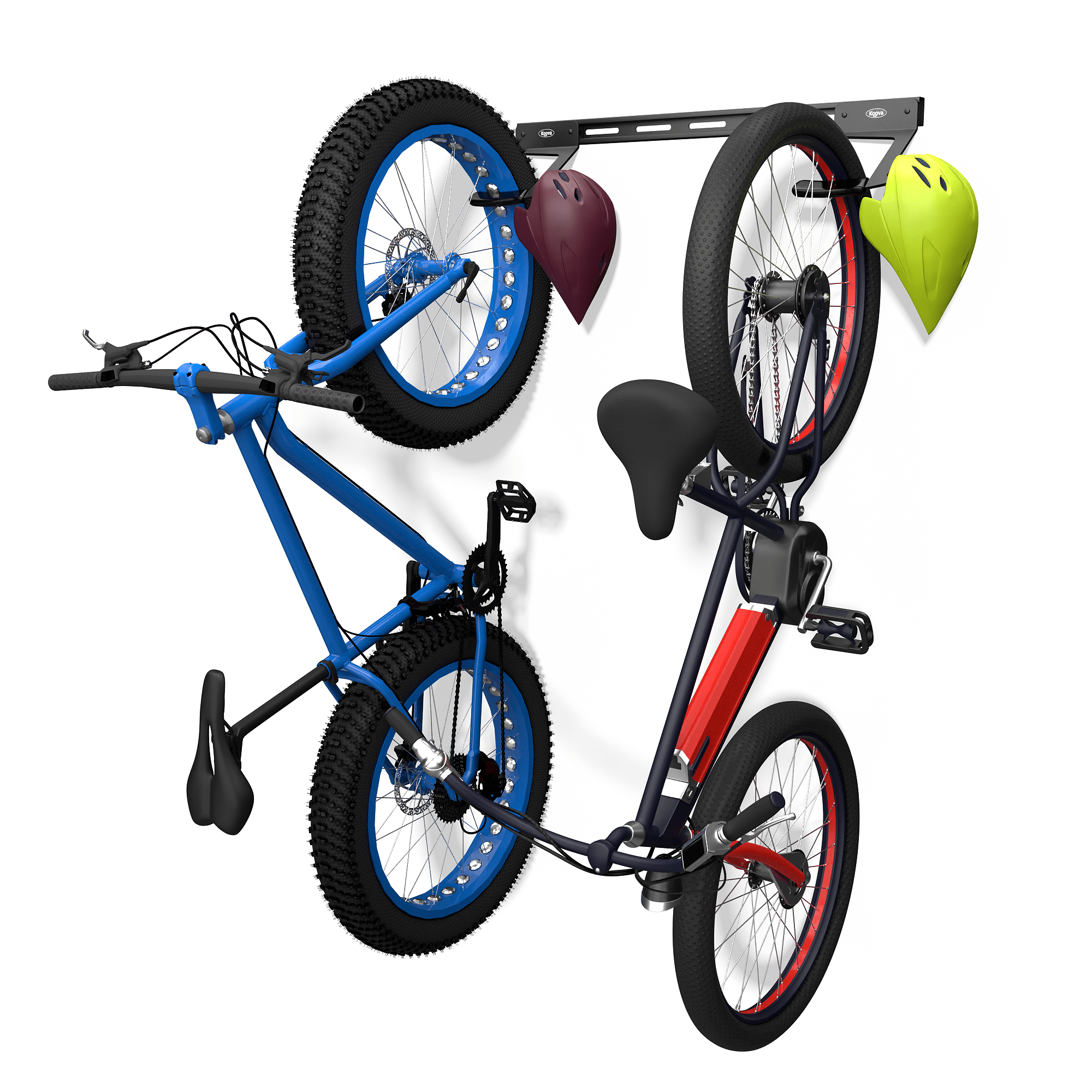In our fast-paced world, it’s easy to accumulate clutter and disorganization. Whether it’s at home or in the workplace, the things we own can easily overwhelm our mental state. It’s not just about aesthetics; the psychology of clutter plays a significant role in influencing our mood, productivity, and overall well-being. In this post, we will delve into the effects of clutter on psychology and how maintaining a tidy space—starting with essential items like countertop brackets—can foster a more serene and productive environment.
Understanding Clutter: More Than Just a Mess
Clutter is more than just a physical presence in our lives. It often serves as a representation of our mental state. When we think of clutter, we usually associate it with disorganization, stress, and distraction. But what exactly does clutter do to our psyche?
The Psychological Impact of Clutter
Research indicates that a disorganized space can lead to increased anxiety levels and lower levels of focus. Here’s how clutter can affect various aspects of our lives:
- Increased Stress: A cluttered environment can create feelings of unease, as it prompts our brains to process excessive visual information.
- Reduced Concentration: Studies have shown that individuals working in cluttered spaces face difficulties focusing, which can ultimately hinder productivity.
- Overstimulation: With the chaos of too many items vying for our attention, our mental faculties can become overwhelmed, leading to feelings of fatigue.
Emotional Ties to Clutter
For many people, clutter often represents more than just physical items; it can symbolize emotional baggage or unresolved issues. This emotional connection can be daunting, making the act of decluttering feel like an overwhelming task.
Why We Hold On to Clutter
Several psychological factors contribute to our tendency to keep clutter:
- Sentimental Value: Items may remind us of significant moments or relationships, making it hard to part with them.
- Fear of Loss: We may fear losing the potential use of an item, leading us to hold onto things we don't actually need.
- Procrastination: The thought of organizing and decluttering can be intimidating, causing us to delay the process.
The Connection Between Tidiness and Mood
Conversely, a tidy space can have profound positive effects on our mood and productivity. By creating an organized space, we can enhance our mental clarity and emotional well-being. Here are some benefits of maintaining a tidy environment:
Boosting Productivity
A clean and organized space can significantly boost productivity. Seeing a well-arranged area can spark motivation and creativity, encouraging us to engage in work or personal projects actively. Simple solutions like adding countertop brackets can enhance organization by maximizing workspace, freeing up valuable time for meaningful tasks.
Enhancing Mental Clarity
When our surroundings are free of clutter, our minds are able to focus on what’s truly important. A tidy space promotes mental clarity, which is crucial for making decisions and engaging in creativity. Research suggests that people working in organized environments are more likely to engage in innovative thinking.
Improved Mood and Well-Being
Psychologists have found that a clutter-free environment can elevate mood and overall happiness. In contrast to clutter, which leads to feelings of frustration and hopelessness, an organized space can provide a sense of control. Furthermore, decluttering can serve as a refreshing act of self-care and empowerment.
Simple Steps to Achieve a Tidy Space
The process of decluttering doesn’t have to be overwhelming. Here are some effective strategies you can use to create a tidy environment:
- Set Small Goals: Break down the decluttering process into manageable tasks. Tackle one room, or even one area, at a time.
- Use Storage Solutions: Invest in smart storage solutions, such as countertop brackets to keep items organized and off surfaces.
- Implement the 'One In, One Out' Rule: For every new item you add to your space, find an item to remove.
- Schedule Regular Decluttering Sessions: Make decluttering a routine part of your life by setting aside time each week to keep your space organized.
The Power of Minimalism
Minimalism has gained traction as a lifestyle choice encouraging people to embrace simplicity and reduce clutter. By adopting a minimalist mindset, individuals can work toward achieving a tranquil living or working space.
The Benefits of a Minimalist Approach
Embracing minimalism can lead to several benefits, such as:
- Reduced Stress and Anxiety: A simpler environment can contribute to lower stress levels and improved emotional resilience.
- Increased Focus: By reducing distractions and simplifying their surroundings, individuals can enhance their focus and efficiency.
- Greater Appreciation for Space: Minimalism encourages individuals to cherish the space they occupy, cultivating gratitude for their environment.
Transforming Your Space: The Role of Style and Design
While decluttering is vital, the aesthetic aspects of your space also play a critical role in mood enhancement. Thoughtful design and stylish storage solutions, like incorporating countertop brackets, can help your area look both tidy and visually pleasing.
Choosing a Color Palette
Colors can have a significant impact on mood and perception. When designing your space, consider the psychological effects of colors:
- Blue: Associated with calmness and tranquility.
- Green: Symbolizes nature and can promote relaxation.
- Yellow: Known to boost energy and creativity.
Effective Use of Lighting
Quality lighting can dramatically enhance the atmosphere of any space. Natural light is particularly beneficial, as it has been shown to improve mood and productivity. Consider using a mix of ambient, task, and accent lighting to create a welcoming environment that fosters positivity.
The Ripple Effect of a Tidy Space
Creating a tidy environment doesn't just influence your mood; it can also enhance your relationships and overall quality of life. A serene space can be inviting, encouraging others to visit, share, and connect. It fosters a healthy home atmosphere where mental wellness is prioritized.
Building Healthy Relationships
A tidy environment can lead to more harmonious interactions with family, friends, and colleagues. When space is organized, it fosters a calmer atmosphere conducive to open communication. You can entertain guests or conduct work meetings without the distractions of clutter stealing the spotlight.
Impact on Overall Quality of Life
Lastly, a clean, organized space can contribute to a higher quality of life. By minimizing distractions and clutter, you create an environment primed for mental well-being and increased satisfaction. The small adjustments you make today could lead to significant benefits for your mood tomorrow
Your Journey Toward Tidiness Starts Now!
Understanding the psychology of clutter opens the door to improving your environment, mood, and overall life satisfaction. By taking simple steps to declutter and creating a thoughtful space that incorporates functional solutions like countertop brackets, you can embark on a transformative journey toward a more organized and fulfilling life.
So why not start today? Remember, every journey begins with a single step. Tackle that clutter, embrace the tidiness, and discover how a tidy space can become your sanctuary—an oasis for your mind and spirit!
Step into the world of another store owner by visiting their captivating Shopify store. Click here to begin your journey. Kindly note that this is a promotional link, and we do not take responsibility for the content of the linked store.


